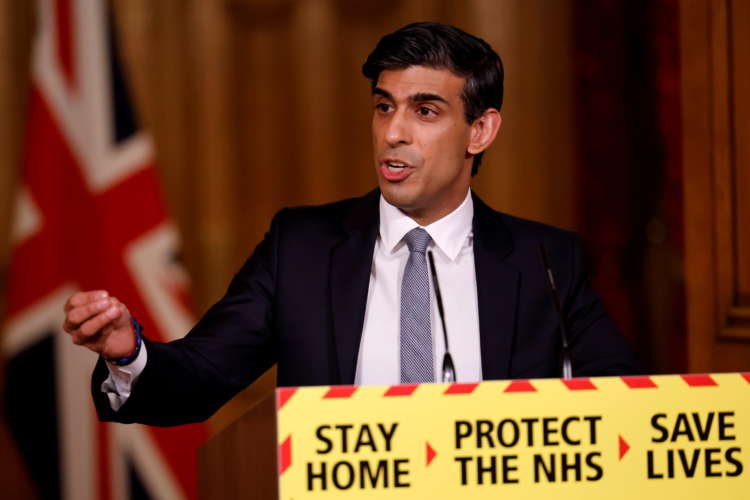Top Stories
Sunak gives British economy a boost to see out COVID crisis, tax rises ahead
Published by linker 5
Posted on March 3, 2021
1 min readLast updated: January 21, 2026

Published by linker 5
Posted on March 3, 2021
1 min readLast updated: January 21, 2026

Explore more articles in the Top Stories category











